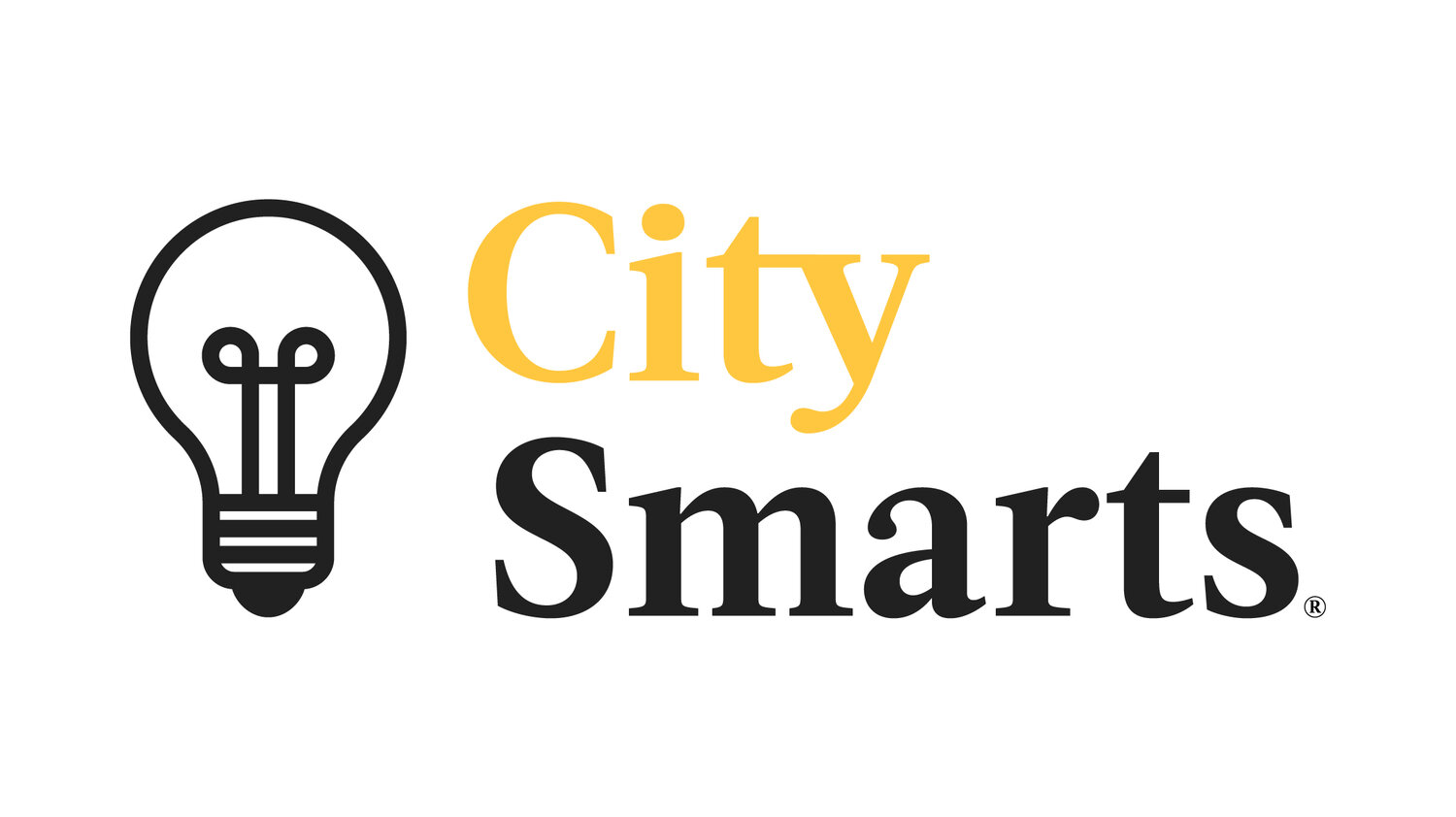Tuesdays: 4 - 5 PM
Instructor: Matthew Gasda
Dramatic writing comes naturally to young people, who are at home with imaginary characters and situations. Often, all that stands between young people and becoming full-fledged ‘content creators’ is a little bit of formal training, guidance, and confidence. The aim of this class is to tap into the natural reserve of observations and ideas that all children and teenagers have, and empower them to transform that raw material into dramatic, scripted material. We will read plays, watch scenes, start discussions, and most importantly, workshop their writing. At the end of the class, polished student work will be read by real New York actors!
Course Objectives
How to format a play or film script
How to offer and receive constructive criticism
How to draft, edit, revise
How to write for actors
Materials
Course Policies
students who miss a class can still submit work to be workshopped
students are expected to show respect for other student work
Brief Schedule
Week 1
Introductions
Warm up games
Review formatting dramatic writing & how to use WriterDuet Software
Brainstorm project ideas
HW: Outline your scene
Week 2
Read a monologue from Hamlet
Analyze figurative language
Big question: how does language convey character?
Share outlines
Big question: how do we provide constructive criticism?
HW:
Write a monologue
Watch interview with director Peter Brook
Week 3
Read snippet from Samuel Beckett’s Waiting for Godot
Big question: how does minimalistic dialogue convey big ideas?
Share monologues
Big question: what can we cut?
Implicit idea: good writers know when to take away and when to add.
HW
listen to monologue from Beckett’s Krapp’s Last Tape on YouTube
start to write dialogue!
send Matt your work in progress for mid-week feedback
Week 4
All about student work!
Everyone’s shares their developing scenes
HW
Finish your scenes!
Send to Matt midweek for feedback
Week 5: We’re joined by actors! Who will read completed original student work of 5-15 pages.




